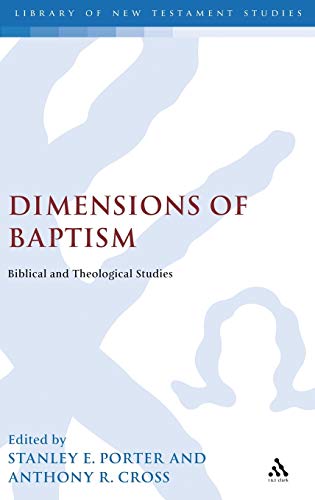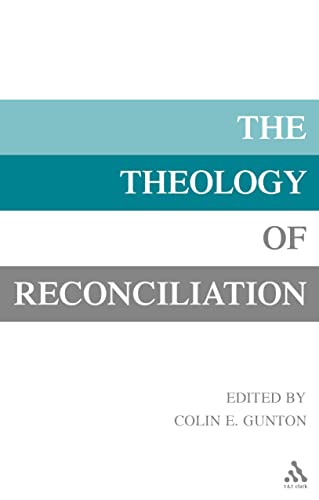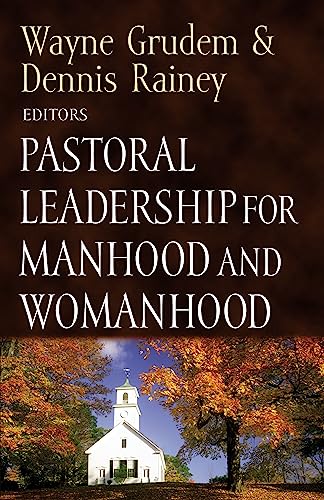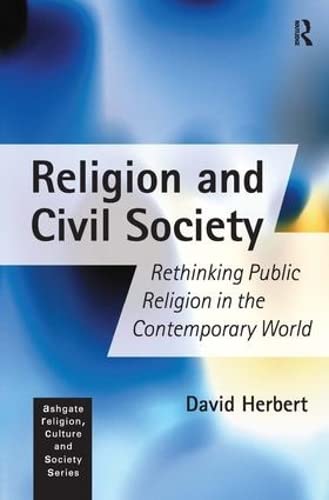ROME IN THE BIBLE AND THE EARLY CHURCH
Written by Peter Oakes (edi.) Reviewed By Peter BallaThis collection of essays by six evangelical scholars focus on an important NT theme, because the Roman Empire was the political context in which the early Christians lived. Not intended to be a monograph, the book deals with some important issues related to Rome in six separate essays. An introduction by the editor gives an excellent summary of the main theses. Each chapter includes footnotes and is concluded by a bibliography.
Steve Walton’s essay is entitled, ‘The State They Were in: Luke’s View of the Roman Empire’ (1–41). Walton summarises major views on the reason why ‘Luke-Acts’ was written. Based on evidence from the two canonical books, his own conclusion is: When the state acts justly, Christians can expect the state to allow them freedom to bear witness to Jesus. However, Christians should be prepared also for persecution; yet even then they should have courage ‘to call the state back to its former ways and to bear faithful witness to Jesus’ (35).
The second chapter deals with the ending of Acts: Conrad Gempf’s essay is entitled, ‘Luke’s Story of Paul’s Reception in Rome’ (42–66). Gempf argues that the conclusion of Acts is to be seen primarily as a story about Christianity’s relationship to Judaism. ‘Luke’s main purpose in presenting and emphasising this episode must have to do with explaining both the real connection, but also the apparent disconnection, between Christianity and Judaism’ (63–64).
Bruce Winter’s essay is entitled, ‘Roman Law and Society in Romans 12–15’ (67–102). Winter first offers a good analysis of the legal situation of communities in Rome. Covering the main sections of the ethical part of the Letter to the Romans, Winter concludes that by emphasising the priority of God’s will over against the culturally shaped norms of Rome, Paul offered a radical criticism ‘of the prevailing culture of privilege in Rome’s society’ (99).
Andrew D. Clark writes on ‘Jew and Greek, Slave and Free, Male and Female: Paul’s Theology of Ethnic, Social and Gender Inclusiveness in Romans 16’ (103–25). Clark shows how the greetings in the concluding chapter of Romans is evidence for Paul’s theology transcending barriers in Roman society. The essay marshals good arguments in favour of viewing Romans 16 as an integral part of the epistle.
The editor contributed a chapter to this volume; Oakes’s essay is entitled, ‘God’s Sovereignty over Roman Authorities: A Theme in Philippians’ (126–41). Oakes points out that: ‘This rounded presentation of God’s sovereignty over the authorities everywhere, from the apostle’s prison to the courts of the universe, gives a firm basis for Philippian courage and steadfastness on behalf of the Christian gospel’ (139).
The last chapter deals with non-canonical writings that were written in Rome: Andrew Gregory’s essay is entitled ‘Disturbing Trajectories: 1 Clement, the Shepherd of Hermas and the Development of Early Roman Christianity’ (142–66). Gregory challenges the usual dating of 1 Clement to CE 96 by showing that any date between ca. 70 and 140 can be argued for (just as in the case of the Shepherd of Hermas). The Shepherd is evidence for a parallel presence of ‘institutional’ and ‘charismatic’ characteristics in early Christianity; thus it does not support the alleged trajectory from a charismatic church to an institutionalised one. Gregory argues that the main benefit of these two important sources is how they shed light on early Christianity in general in the Roman Empire.
Peter Balla
Károli Gáspár Reformed University, Budapest







